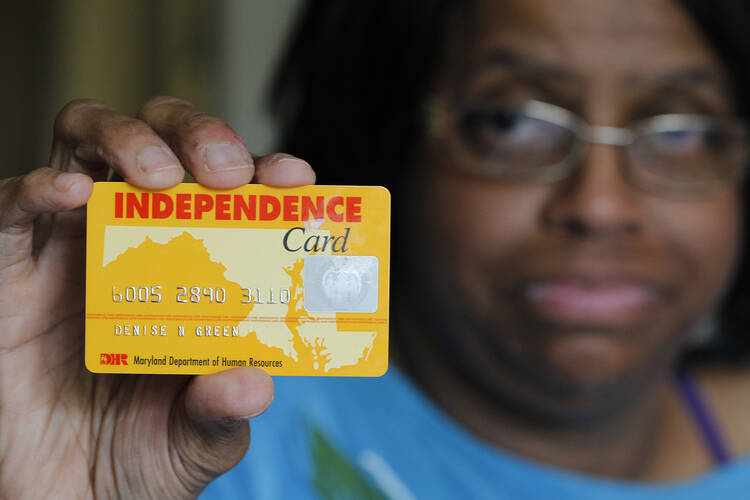NPR reports that a state judge has struck down Pennsylvania’s voter ID law, ruling that it imposes a “substantial threat” to the rights of hundreds of thousands of voters. The law had been challenged by a 93-year-old who didn’t have a driver’s license and lacked access to a birth certificate or any other documents that would allow her to get a state-approved photo ID. Opponents of voter ID laws say that they present special difficulties to low-income, minority and urban voters who are less likely to have driver’s licenses. Last fall, for example, (Un) Conventional Wisdom noted the difficulties in getting the right voter ID in another state. (See “Voting while married gets a bit trickier in Texas.”)
While debate continues on the fairness and cost-effectiveness of voter ID laws (given that voter fraud is virtually nonexistent), Republican Sen. David Vitter of Louisiana thinks it’s time to expand the concept. ThinkProgress’s Alan Pyke reports that Vitter wants to add a bit of red tape to the food stamps program:
Food stamp recipients will have their grocery store humiliation compounded by having to show a photo ID in order to buy food if Sen. David Vitter (R-LA) gets his way.Under a bill Vitter introduced Wednesday, beneficiaries of the Supplemental Nutrition Assistance Program (SNAP) would be denied their food if they are unable to show a photographic identification card at the register. For millions of low-income Americans who don’t have an official photo ID and can’t necessarily afford to buy one, Vitter’s bill would mean being cut off from their primary food source.
Vitter claims that the doubling of costs since 2008 for the food stamp program (officially, the Supplemental Nutritional Assistance Program) suggests widespread fraud, but advocates for the poor say the economic crash and sluggish recovery are responsible for the higher number of aid recipients. Vitter may want to review the efforts of Maine Gov. Paul LePage to root out welfare fraud. The Portland Press-Heraldeditorializes, “So far, the investigators have identified 77 suspects, at the cost of $1.4 million over two years.”
Operators of soup kitchens and homeless shelters can at least be relieved that Vitter has not yet proposed a requirement that they inspect photo IDs before giving aid to clients. You know, for national security reasons.








